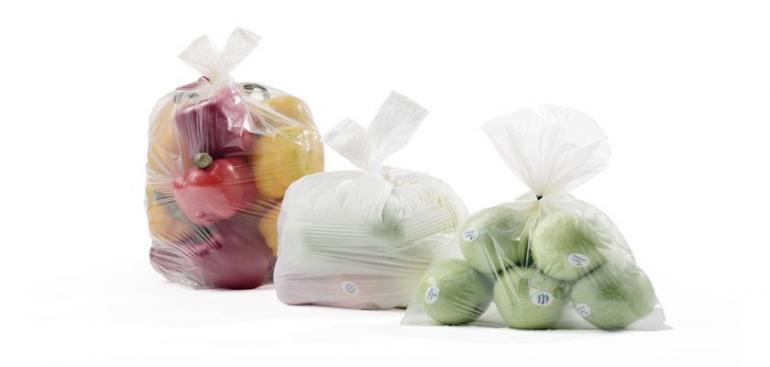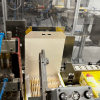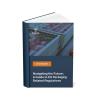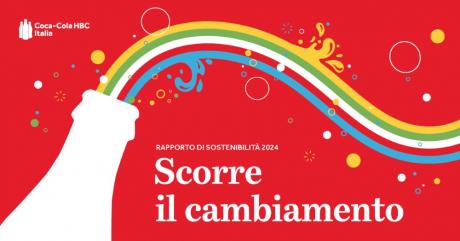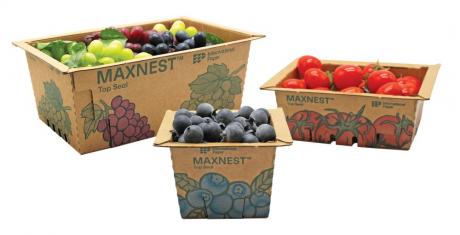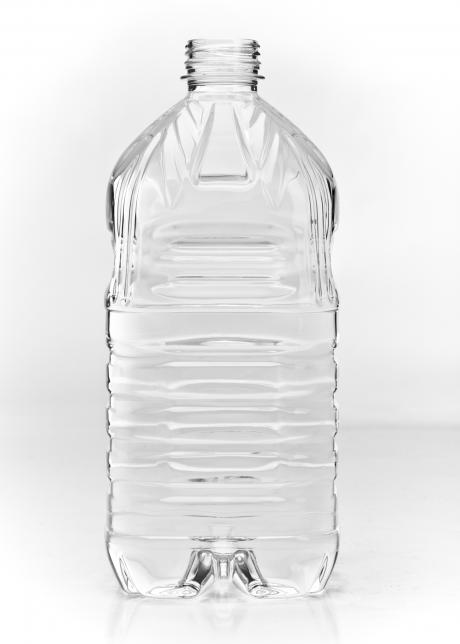"The compostable bioplastics supply chain has withstood the impact of the pandemic. What is needed now is recognition of the sector with new Ateco codes and defence of the sector against unfair competition and illegal practices," said Luca Bianconi (pictured below), President of Assobioplastiche, at the presentation of the 9th Annual Report of the Italian Association of Bioplastics and Biodegradable and Compostable Materials in Rome on 6 July.
According to the results of the study carried out by Plastic Consult, in 2022 the biodegradable and compostable plastics industry in Italy will be represented by 271 companies - divided into basic and intermediate chemical producers (5), granule producers and distributors (19), first transformation operators (182) and second transformation operators (65) - with 3,005 dedicated employees, 127,950 tonnes of compostable products produced and a total turnover of 1,168 million euros.
The number of companies remains largely unchanged after the steady growth of recent years. The region with the highest number of companies is Lombardy, with 39 companies and around 200 employees, followed by Veneto, with 29 companies but almost 325 employees, and Campania, which, thanks also to the development of compostable single-use products, with only 18 companies, has a specific employment of over 280 employees.
The turnover generated by the supply chain has grown significantly over the last ten years, from just under €370 million in 2012 to €1,168 million in 2022, with an average annual growth rate of over 10%.
According to the study, the number of dedicated employees, i.e. the resources in the companies of the sector that are directly involved in the products that enter the compostable plastics supply chain, has more than doubled: from 1,280 in 2012 to more than 3,000 in 2022, with a growth rate of 135% in just over ten years.
In 2022, the total volume of products produced will grow to 127,950 tonnes: the 9th Report shows that the increase in volume in 2022 will be 2.1% compared to 2021 and that the growth rate between 2012 and 2022 will be 226%.
The companies in the primary processing sector (just over 180 in 2022) that process (even a small proportion of) compostable plastics had a total turnover of around EUR 5.32 billion in 2021, providing direct employment for more than 13,000 people.
Among the main application sectors, disposables (plates, cups and cutlery) will again show the highest rate with +23% compared to 2021, followed by the different types of packaging films (+7% for non-food films and +3% for food packaging films) and agricultural films with +2%. The historical sectors (carrier bags and ultralight bags) will at best remain stable.
Looking ahead, the compostable bioplastics supply chain withstood the impact of the Covid-19 pandemic. The sector also closed 2022 with growth, albeit particularly low compared to the history of the last decade. In terms of market trends, compostable disposables in the HoReCa sector and coffee and beverage capsules are performing well. A further diversification of applications is expected, with volumes increasing in several applications that are still small today (packaging film, nets, agricultural film, etc.).
In the short term (2023), however, there are a number of trends that represent critical factors for the sector. The overall contraction in final consumption and the reduction in household spending, squeezed between inflation levels never seen before in recent decades and the sharp rise in interest rates, foreshadow a contraction in industrial production of compostable products this year.
Even disposable compostable products, which supported the sector last year, are in great difficulty following the proliferation of so-called reusable plates made of conventional plastic. The external environment, which favours the "search for price", encourages illegality: the presence of non-standard bags is clearly on the increase.
"Large countries are becoming more and more powerful on the international scene and are trying to establish themselves in our sector as well. There is a risk of dumping mechanisms being created," stressed Luca Bianconi. "Faced with these prospects, we, as an association, reiterate the need for recognition of the sector with a special classification (Ateco Nace) and the need to defend the supply chain against unfair competition and illegality: in this last respect, we recall the online platform created by Assobioplastiche, with the support of the Biorepack Consortium, for reporting potential offences in the sector of biodegradable and compostable plastic packaging and similar fractions".
